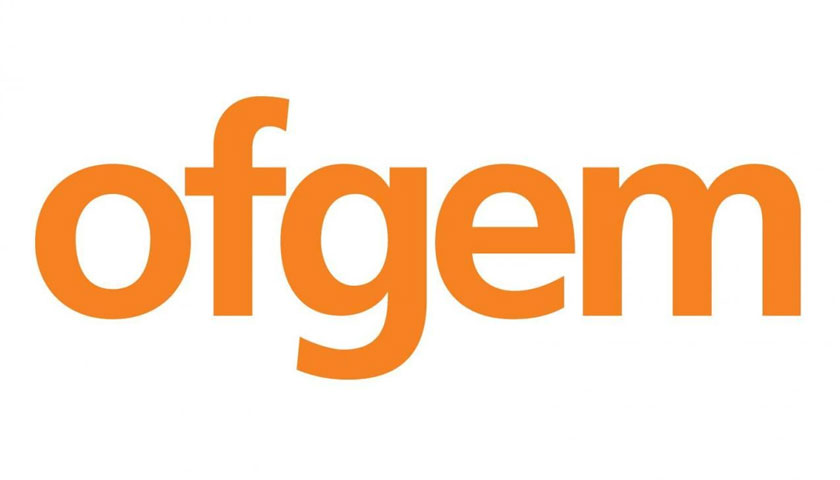Ofgem is seeking input on how to best attract domestic energy users on a journey to becoming flexible energy consumers able to reap the benefits of a net zero energy system.
Recently Ofgem has issued a call for input on how best to engage domestic consumers in Demand Side Response (DSR). This concept enables Great Britain’s rising electricity consumption – resulting from growing numbers of electric vehicles (EVs) and electric heating systems – to better match GB’s increasing number of intermittent renewable energy sources, such as wind and solar power.
Domestic DSR is a key element in achieving Government plans to decarbonise the energy system by 2035. It is a concept driven by domestic consumers adjusting their consumption in response to the needs and requirements of the energy system and being rewarded through reduced bills.
It’s anticipated there will be many different ways for consumers to engage with Domestic DSR both manually and via automation. The simplest and most common method of engagement is expected to be automated DSR. This could involve consumers who wish to engage in DSR configuring smart devices such as EV charge points and heat pumps with default off-peak time settings, optimising consumption against Time of Use Tariffs and choosing to have a third party manage their participation in flexibility markets. For example, when wind is generating lots of electricity, consumers could take advantage of flexibility by charging an Electric Vehicle (EV) on lower time of use tariff prices.
New market reforms and regulations are being developed and implemented to manage the expanding domestic DSR market and ensure consumers and the energy system are protected, both now and in the future. All of this is underpinned by greater digitalisation and decentralisation, which enables better monitoring and response to grid activity, and better use of an increasing number of local grid assets, such as wind and solar farms.
However, for domestic DSR to work at scale and provide benefits to the energy system and consumers, it also needs large scale consumer participation – something which is by no means a given. So, Ofgem is seeking input from stakeholders on how to facilitate the transition to consumers becoming flexible energy consumers.
Marzia Zafar, Deputy Director of Digitalization and Innovation at Ofgem, said: “Domestic Demand Side Response (DSR) is about optimising the way we consume energy, so it works best for a decarbonised energy system and consumers. The key to unlocking high consumer uptake is making it both attractive and easy to participate in.”
She added: “It is not Ofgem’s role to specify what this domestic DSR journey should look like, but it is important that it is not left to chance. Therefore, as the regulator we are seeking input from a wide range of stakeholders including those working in industry, the providers of smart home and transport assets, consumer representatives and other parties’ interested in flexibility.
“This will help build a shared vision of what the emerging domestic DSR customer journey should look like and how to make that vision a reality.”
Ofgem plans to hold a series of workshops this autumn which will consider the responses received to the call for input.
